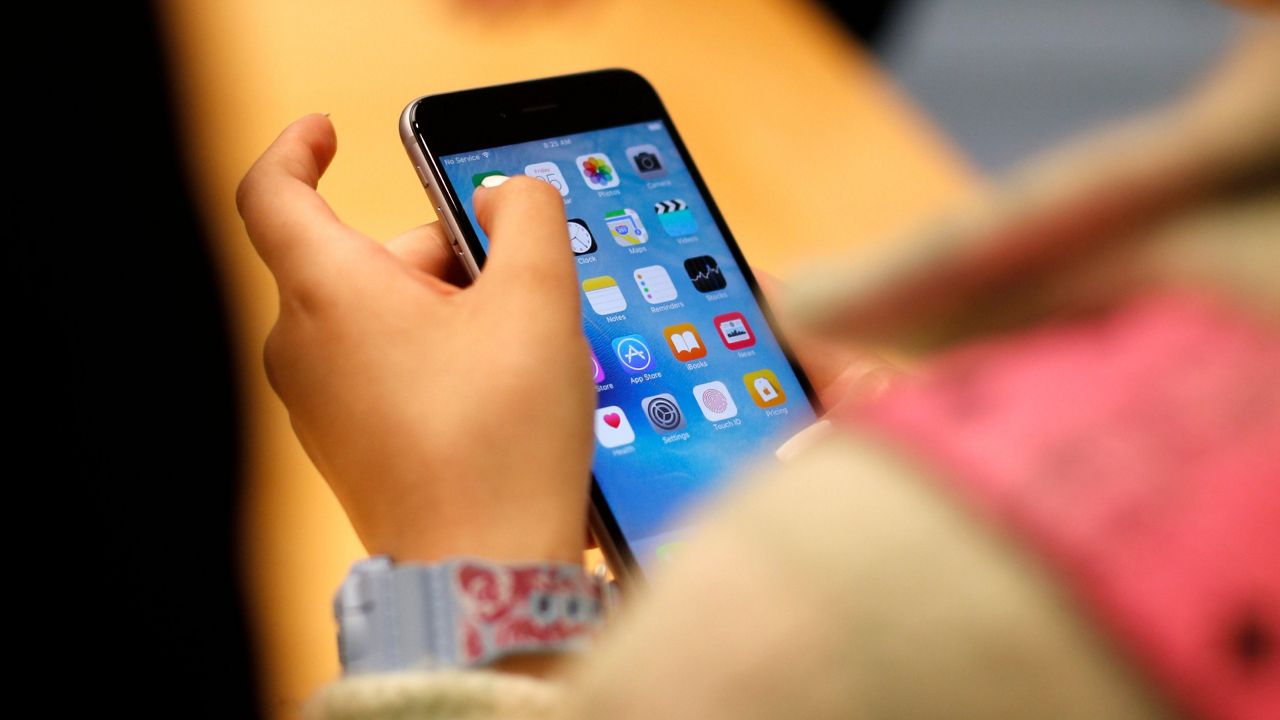Editor's note: Mental Health Musings (MHM) will focus on community resources throughout the COVID-19 pandemic and ongoing protests against police brutality.
All 64 State University of New York (SUNY) campuses will have expanded access to mental health care services for students, according to SUNY Chancellor Jim Malatras.
The comprehensive plan comes after an uptick in mental health needs due to the COVID-19 pandemic — 53 percent of U.S. adults report that the virus negatively impacted their mental health, according to a July Kaiser Family Foundation poll.
“For students everywhere, normal pressures associated with college are being compounded by the weight of this unprecedented time, with the challenges and disruptions caused by COVID-19 increasing levels of anxiety, stress, loneliness, and isolation,” Malatras said.
The comprehensive plan includes expanding the HIPAA-compliant app, Thriving Campus, creating a second tele-counseling hub downstate, expanding University at Albany’s Peer-to-Peer Assistance Hotline system-wide, expanding the new crisis text line and more crisis prevention training.
Fifty-five percent of students don’t know where to go for mental health services, according to a survey by Active Minds.
THERE’S AN APP FOR THAT
Thriving Campus helps bridge the gap between campus counselors and local mental health professionals by curating a list of providers in the area for students who need more long-term care.
The app, which was already used at two SUNY campus, gives students access to more than 6,000 licensed mental health providers and breaks down barriers students face when reaching out to help like finding specialized care or a therapist that is accepting new clients.
The providers post current information on their specializations and availabilities and their profiles are hidden if they’re not accepting new clients. The directories are customized by college, and include help guides for insurance coverage and choosing a provider.
“By connecting students early on to licensed, mental health service providers through the Thriving Campus app, and providing access to resources, students can get the help they need during particularly stressful periods,” said Wayne Riley, SUNY Downstate Health Sciences University president.
SUNY TELE-COUNSELING HUBS EXPAND SERVICES
The second hub for tele-counseling for SUNY students will be at Downstate Health Sciences University, joining SUNY Upstate Medical University, which currently provides tele-counseling services for 10 SUNY campuses.
The program offers cognitive behavioral therapy, consultative service for clinicians, and crisis assistance provided by SUNY physicians, psychologists, or nurse practitioners on a secure online platform.
The Downstate hub will provide services for five more campuses, reducing wait times for tele-counseling services.
These services are provided at a non-out-of-pocket cost.
PEER-TO-PEER COUNSELING
The peer-to-peer hotline Middle Earth, operated by the University at Albany, will be expanding to the entire SUNY system.
The phones are staffed by students who are trained to identify their peers' needs and link them to services if needed.
Since the start of the pandemic, the Middle Earth hotline has helped more than 8,000 students with wellness calls.
It’s open from 1 p.m. to midnight, Monday through Thursday; operating 24 hours over the weekend starting from Friday and ending on Sundays at 11:59 p.m. during fall and spring semesters.
The number is 518-442-5777.
Middle Earth peers will also offer virtual “hangout spaces” over Zoom Monday through Thursday from 3 p.m. to 4 p.m. to help provide a connection for students in quarantine or isolation.
“Student volunteers have for five decades demonstrated the power of students helping other students through common academic, social, and emotional challenges associated with college,” Havidán Rodríguez, University at Albany president, said. “Never before have the services provided by Middle Earth’s volunteers been more essential, and we are thrilled that students throughout the SUNY system will now benefit.”
SUNY’S NEW 24/7 CRISIS TEXT LINE
In May, SUNY started a new 24/7 crisis text line in partnership with the New York State Office of Mental Health (NYOMH). The crisis text line is confidential and operated by crisis counselors and trained volunteers.
To access the crisis text line, students simply text Got5U to 741-741.
#REACHOUTSUNY
Accompanying the expansion of services, Malatras launched the new public awareness campaign #ReachOutSUNY to help tackle the stigma around mental health struggles and educate students about the services at their disposal.
The campaign encourages more SUNY faculty and students to take the free online crisis training program, Question, Persuade, and Refer (QPR), which teaches people how to identify someone who may be struggling with their mental health, how to respond appropriately and what resources exist.
The new crisis intervention program is down with NYOMH and is online. To date, 675 SUNY community members have completed the training.
The training is open to everyone in SUNY, to register visit: www.qprtraining.com/setup.php and enter "SUNY" as the organizational code.
“This has been a particularly difficult time and it has taken a toll, so by expanding available student mental health support services — and shattering the stigma that may be associated with seeking them out — students will be able to get the support they need,” Malatras said.



